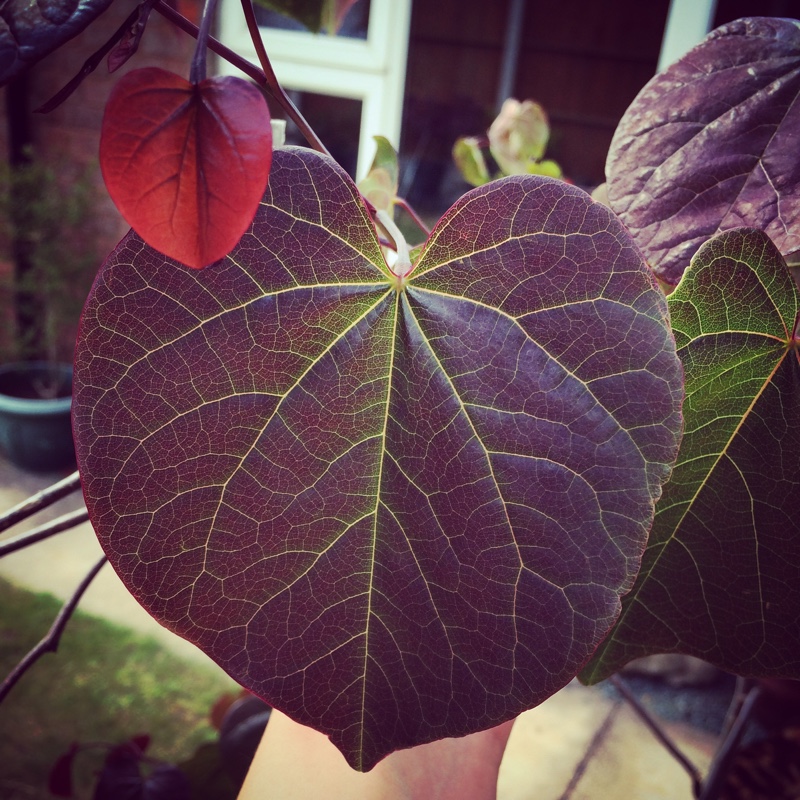
Cercis canadensis 'Merlot'
Eastern Redbud 'Tex Merlot'
Original:Attractive shiny purple heart shaped leaves which and maintain their attractive appearance well into late summer. 'Merlot' has excellent branching and dense growth. Flowering is prolific, and the blooms are reddish-purple. New:Cercis canadensis, commonly called eastern redbud, is a deciduous tree with a rounded crown that typically grows to 10m tall with a slightly larger spread. It sports pea-like rose-purple flowers which bloom on the bare branches in early spring before the foliage emerges.
-
Full sun to partial shade
-
Occasional watering
-
Frost Hardy: 23F (-5°C)
-
Light and free draining
Common name
Eastern Redbud 'Tex Merlot'
Latin name
Cercis canadensis 'Merlot'
type
Trees or Shrubs
family
Fabaceae
ph
5.0 - 8.4 Acid - Neutral
Plant & bloom calendar
-
Best time to plant
-
When the plant will bloom
full grown dimensions
 6.00 M
9.00 M
6.00 M
9.00 M
Cercis canadensis 'Merlot'
Original:Attractive shiny purple heart shaped leaves which and maintain their attractive appearance well into late summer. 'Merlot' has excellent branching and dense growth. Flowering is prolific, and the blooms are reddish-purple. New:Cercis canadensis, commonly called eastern redbud, is a deciduous tree with a rounded crown that typically grows to 10m tall with a slightly larger spread. It sports pea-like rose-purple flowers which bloom on the bare branches in early spring before the foliage emerges.
Planting Outdoors Spring
From Early Spring TO Early Spring
Plant in well prepared ground in early to mid spring.
Flowering
From Early Spring TO Late Spring
Flowers appear on the bare stems before the leaves emerge in Spring
Propagating by cuttings
From Late Summer TO Early Autumn
Take semi- ripe cuttings from this season's growth in Autumn. Cut neatly, just below a leaf node, a 5" approx. piece of a healthy shoot that has soft growth at the tip. pinch out the growing tip, and cut off the bottom leaves. Dip the bottom of the cutting in hormone rooting powder, and carefully place in a pot of cutting compost with the leaves just above the level of the compost. Water, label, cover with a polythene bag, and place in a warm, bright place, out of direct sunlight. Take the polythene bag off periodically for a while for ventilation (at least twice a week)







